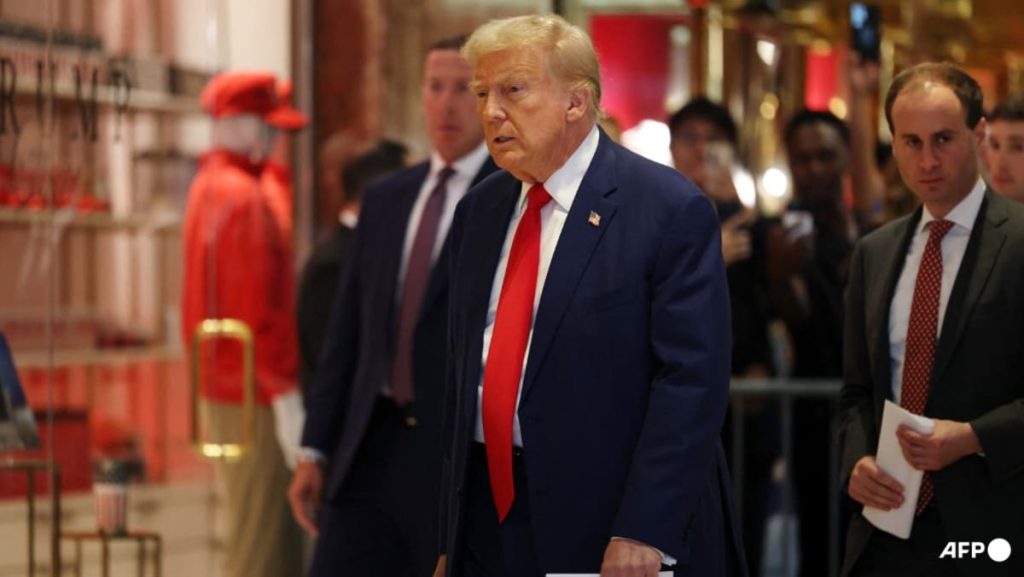Former President Trump, age 78, was convicted of 34 counts of doctoring business records in May relating to hush money payments made to porn star Stormy Daniels. The payments were meant to prevent her from revealing an alleged sexual encounter before the 2016 election. Trump was originally scheduled to be sentenced on July 11, but the date was postponed after the US Supreme Court ruled that a former president has broad immunity from criminal prosecutions. Trump’s attorneys filed a motion to dismiss his conviction in New York following the Supreme Court’s ruling, and Judge Merchan was set to rule on this motion on November 12. Trump had requested the delay in sentencing to avoid any “politically prejudicial” impact it could have on his future election prospects.
On the same day the first mail-in ballots of the election were to be distributed, Trump found himself in court in New York over a case involving author E. Jean Carroll, who has accused him of sexual assault and defamation. Trump vehemently denied these accusations, calling the case “political interference.” A state appeals court halted the distribution of absentee voting slips after a last-minute lawsuit by independent candidate Robert F. Kennedy Jr., who sought to be removed from the ballots. Despite these legal challenges, voting was set to begin soon in many states across the country.
During this legal drama, Trump made an appearance in North Carolina where he received the endorsement of the Fraternal Order of Police, the nation’s largest law enforcement union. He pledged to restore “law and order” in the country and accused his opponent, Kamala Harris, and the “communist left” of causing chaos and crime. Harris, on the other hand, spoke to a Univision radio station, emphasizing the need to move on from the Trump era. She received a significant endorsement from Republican former vice president Dick Cheney, who called Trump a threat to the republic. Harris’ entry into the race had invigorated Democrats who were previously uncertain about Biden’s chances of defeating Trump.
Trump’s detailed remarks on his legal troubles were surprising, especially since he needed to appeal to groups like suburban women in a tight race against Harris, who was aiming to become the first female president. Trump dismissed Carroll’s accusations as false and denied any wrongdoing. Despite Trump’s claims of innocence, his legal troubles were taking a toll on his image and campaign. Additionally, Harris’ team announced a record-breaking fundraising haul in August, which far surpassed Trump’s figures for the same period. As the election drew closer and early voting began in several states, the race between Trump and Harris heated up with endorsements coming from both sides of the political spectrum.


